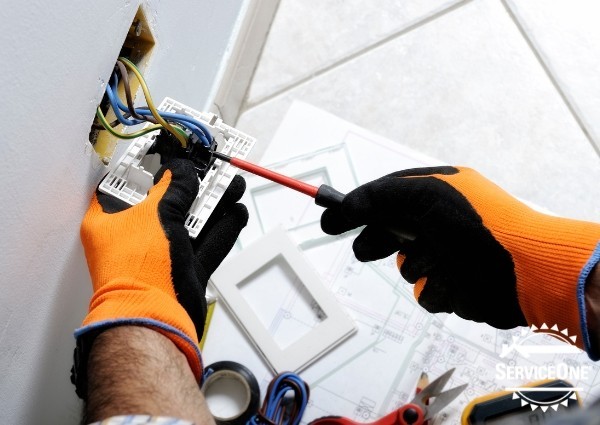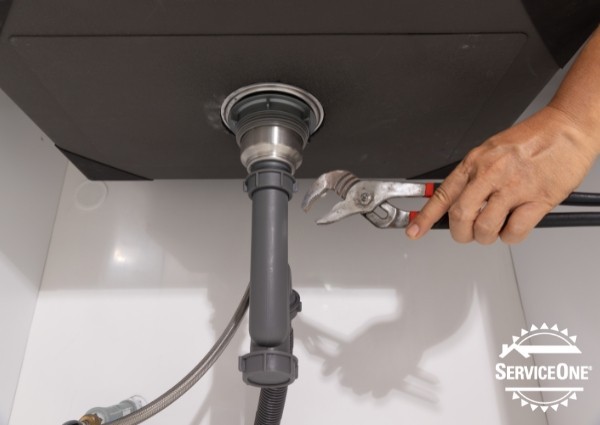Are you Ready?
New Federal Water Heater Rules Go Into Effect April 16th!
Looking to replace your water heater? New federal rules governing water heater efficiency go into effect April 16. The results might leave you paying more for a new model and unfortunately, with less space in your basement. But the results mean lower energy bills.
How Technology is Changing
The new heaters will be bigger and bulkier, but the trade-off is a more efficient system. The better efficiency is due to thicker insulation to keep the water stored in the tank from cooling down as fast, saving the energy needed to reheat it. The new models will also see some upgrades in technology. While gas water heaters use condensers, most electric models are integrating heat-pumps to meet the standards.
As a result of the new rules, some manufacturers predict that the purchase price for new water heaters could jump by as much as 30 percent. On the other side, the government expects that the standards will save consumers a total of $63 billion in utility bills over the next 30 years. After the furnace and air conditioner, water heaters are the third biggest energy guzzler in the average house. According to the U.S. Department of Energy water heaters also account for about 17 percent of total household energy consumption. The government also claims that the regulations will prevent 172.5 million metric tons of carbon pollution, the equivalent to what 33.8 million cars emit in a year.
“These energy-conserving appliance standards are a critical part of the Administration’s overall effort to save energy in homes and businesses nationwide,” former Energy Secretary Steven Chu said of the new rules. “By raising the energy efficiency requirements of our everyday appliances, we will save money for American families and companies, reduce carbon pollution, and enhance our energy security for decades to come.”
Other Things to Consider
Unfortunately, in addition to the increase in price, contractors also worry that installation and maintenance of the new water heaters will be more complicated and therefore more expensive as well. Another concern is that the bigger models won’t fit in homes that have their current water heaters tucked into small rooms or closets.
You will pay more for a new water heater, but the expected energy savings will help offset the initial costs. Tankless water heaters are also an option, which are still more energy efficient than even the new conventional models.
If it’s not time to upgrade your water heater yet, you can still save energy by setting your current device to 120 degrees and giving it regular maintenance. Make sure you use the energy-saving settings on your dishwasher and washing machine, and taking shorter showers.
Updated Standards
On March 31, 2010, the U.S. Department of Energy (DOE) completed the second rule-making to amend energy conservation standards for residential water heaters, issuing a final rule. Residential water heaters must comply with the amended standards in Table 2 by April 16, 2015.
Recovery efficiency – how efficiently the heat from the energy source is transferred to the waterThe efficiency metric for residential water heaters is the energy factor (EF), which indicates a water heater’s overall energy efficiency based on the amount of hot water produced per unit of fuel consumed over a typical day. The EF accounts for the following:
- Standby losses – the percentage of heat loss per hour from the stored water compared to the heat content of the water (for water heaters with storage tanks).
- Cycling losses – the loss of heat as the water circulates through a water heater tank, and/or inlet and outlet pipes.
ServiceOne is Prepared
We want our customers to be confident that ServiceOne is taking the proper steps to be prepared for the new NAECA regulations. In fact, we already offer many high efficiency water heaters today that meet the 2015 NAECA requirements.
If you have questions about NAECA and how ServiceOne is addressing the new efficiency requirements, please contact us at 402.597.2168.



